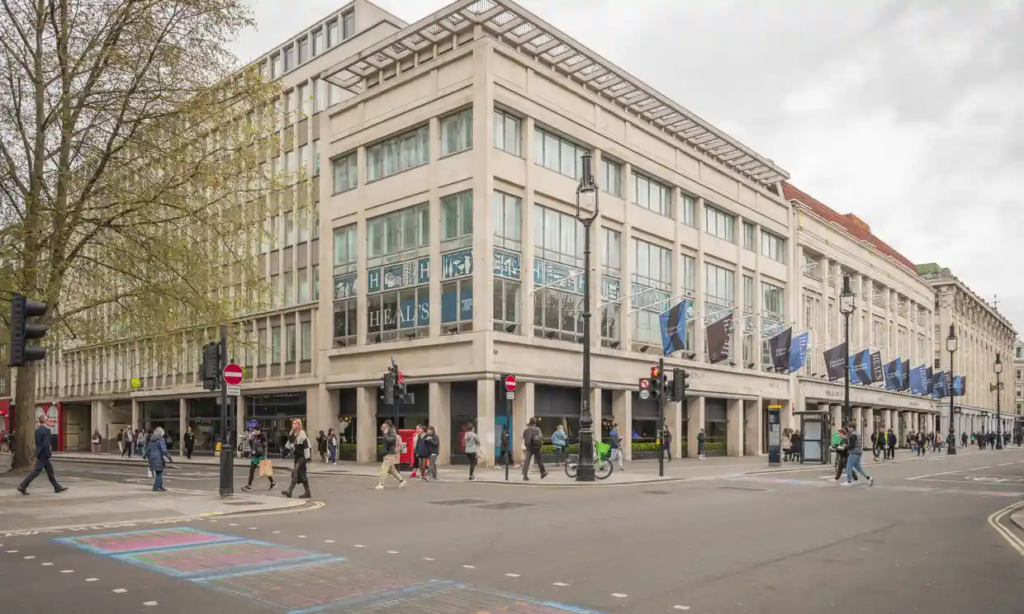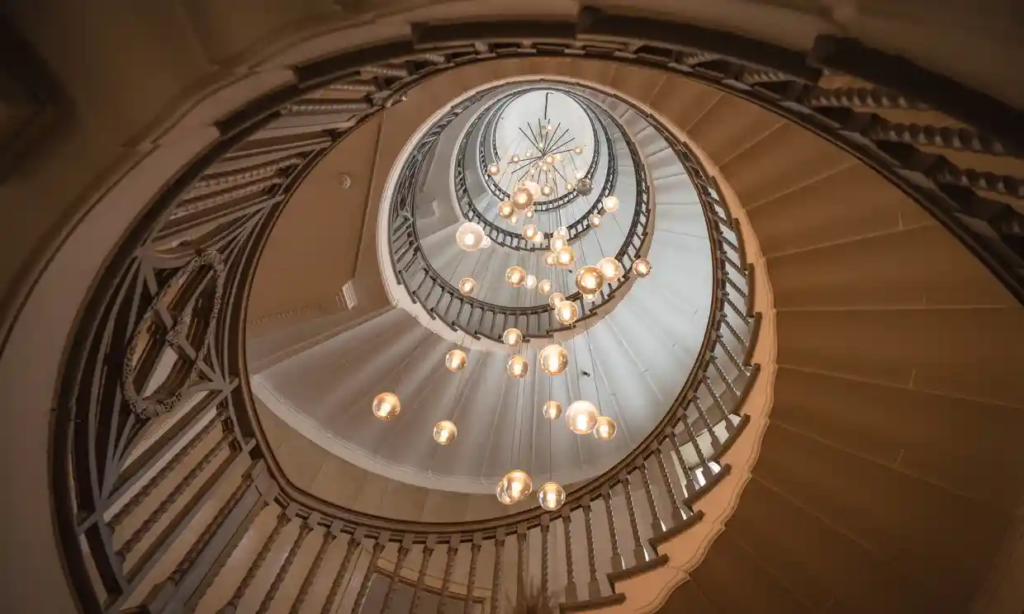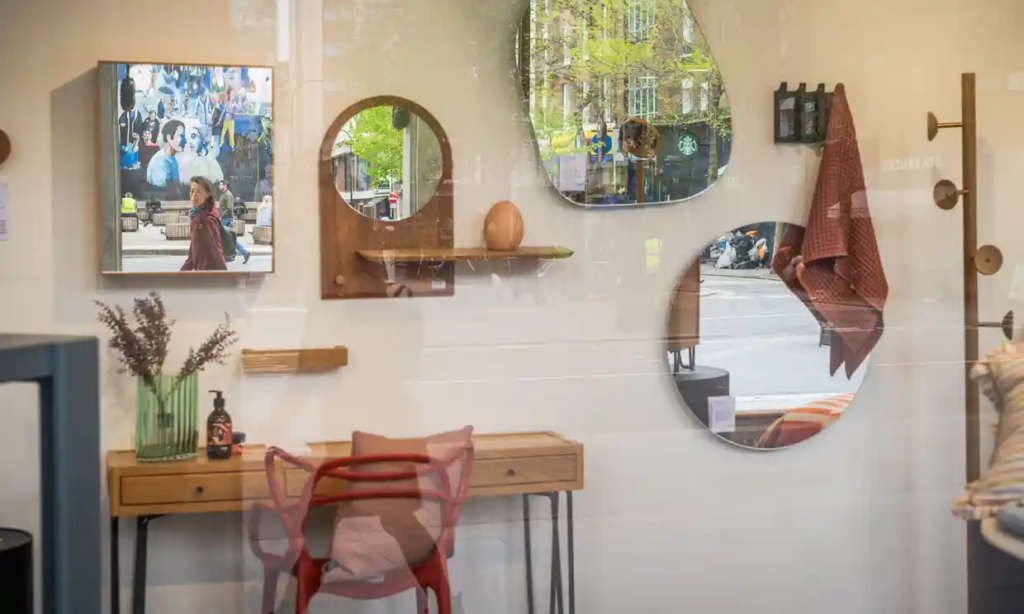Heal’s, a luxury furniture retailer, has redesigned its original London showroom and inventory to attract shoppers despite high inflation and a cost of living issue.
Since 1840, the Tottenham Court Road shop has sold furniture to wealthy Londoners.
To meet current home needs, the city centre property has been refurbished, expanding the shop frontage to 100 metres of windows along London’s furniture street and reconfiguring the store’s interior.
Heal’s has been on the street for almost 200 years, yet it no longer sells feather-filled mattresses from France.
Hamish Mansbridge, Heal’s chief executive, believes the new arrangement improves the showroom experience for shoppers who sit on sofas or beds at the store or Heal’s six other English locations.

Many retailers are trying to get customers back into stores after Covid.
Mansbridge says, “It is difficult, and people are certainly talking about money more.”
Even though half of Heal’s sales are online, he believes a high street presence is important.
“The evidence suggests that even when shopping online for bigger ticket items, they have been to a store to look at things. Mansbridge says people enjoy to browse here.
After Friday’s relaunch, Heal’s moved back into the left side of the building, into an addition built for the company in 1962 but not used since 1983, when the family sold the business.
This section of the store was the major Habitat interiors branch, founded by Sir Terence Conran and friends.
After several turbulent years, Habitat was bought by Sainsbury’s and closed in early 2021 during the pandemic.
The Heal’s site, owned since 2021 by KKR and General Projects, has 4,550 sq m (49,000 sq ft) of retail space, split evenly between the ground floor and lower ground.
Some internal walls that divided the building into two stores have also been removed, revealing two staircases and other original architectural features.
The shop’s “mascot,” a bronze cat statue, was treasured by Dodie Smith, the author of The Hundred and One Dalmatians, who handled Heal’s toy department. A client erroneously bought it.
The store, which housed the brand’s mattress and fabric manufacturers and fabric department workers who made parachutes during World War II, has a rich history.
Fanny Heal, who took over the firm in 1833 after her husband, the company’s founder, died, is said to haunt the rooms.
The company’s 1960 consumer study, one of the first in Britain, shows buyers’ shifting tastes and home needs. Two in five homes had washing machines and three-quarters had fridges.
In its last study, 97% of respondents claimed they could not live without a fridge, 42% a smart TV, and 25% a king-size bed.

After the pandemic, three-quarters of households think a desk is the most practical furniture.
Mansbridge said desks and office chairs have sold, but not at pandemic levels.
As consumers adjust to high inflation and a cost of living problem, the company had its highest week of sales in January and a “tough” February. “March and April were up and down. Mansbridge says it’s now below expectations.
“We are selling well at the lower end and the higher end,” he says. “People who would have traded up to something as an investment and find that step a little bit more difficult are probably the middle.”
Wealthy clients who don’t have to cut back are happy to spend: Heal’s has sold four Eames lounge chairs, which cost over £8,000, in the past week.
In recent weeks, discretionary spending on presents and smaller products like scented candles has surprisingly rebounded. Mansbridge says the brand has worked hard to reduce the impact of higher expenses on its own-brand items.

Whittington Investments, the financial arm of the Weston family, owns Fortnum & Mason, Primark’s parent business, and Heal’s.
Mansbridge believes a sale is “completely off the table” and the Weston family supported the Tottenham Court Road reopening.
Heal’s hopes a showy new store and high-end furnishings will keep it popular among professional homes, young and old, after Made.com’s failure last year.

